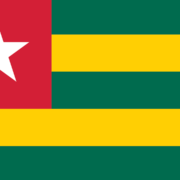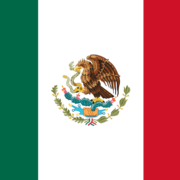Latin America
Bolivia
Bolivia, located in South America, features diverse landscapes from the Andes to the Amazon rainforest and is rich in indigenous and colonial heritage.
Latin America
Bolivia, located in South America, features diverse landscapes from the Andes to the Amazon rainforest and is rich in indigenous and colonial heritage.
Population: 12.3 million
Main Religion: Christianity
Christians: 65% Catholic and nearly 20% Protestant
Christian literature Distribution
Ask God to set apart thousands of new leaders for His use. Evangelicals must help lead Bolivia’s battle against poverty, injustice, and evil by allowing Kingdom values to guide their words and deeds. Such believers have potential to greatly impact a nation in need of moral clarity and compassionate work among the poor.
Bolivia is a landlocked country of west-central South America. It is traditionally regarded as a highland country. Although only one-third of its territory lies in the Andes Mountains, most of the nation’s largest cities are located there, and for centuries the highlands have attracted the nation’s largest amount of mining, commercial, and business investment. In the late 20th century, however, the demographic and economic landscape began to change as the eastern lowlands—particularly the department of Santa Cruz—developed rapidly. (Brittanica)
Bolivia, is a presidential republic led by President Luis Alberto ARCE Catacora (since 8 November 2020). The country is named after independence fighter Simón BOLÍVAR, broke away from Spanish rule in 1825. Much of its subsequent history has consisted of a series of coups and countercoups, with the last coup occurring in 1980. Democratic civilian rule was established in 1982, but leaders have faced problems of deep-seated poverty, social unrest, and illegal drug production
Bolivia is a democracy where credible elections have been held regularly. While mass protests and violence erupted after the disputed 2019 elections, new general elections held in 2020 and subnational elections held in 2021 were credible and fair, and stakeholders accepted the results. Nevertheless, the underlying causes of the political violence of 2019 still pose a threat to the country’s political stability. Child labor and violence against women are persistent problems, independent and investigative journalists face harassment, and the judiciary is highly politicized and hampered by corruption. (Freedom House)
Freedom of religion is guaranteed by the constitution and generally upheld in practice. The 2009 constitution ended the Roman Catholic Church’s official status, and created a secular state. However, often closely connected with freedom of religion is freedom of expression. While the constitution guarantees freedom of expression, in practice, journalists encounter harassment in connection with critical or investigative reporting. Media outlets critical of the government faced harassment from administration officials during the Morales and Áñez presidencies. Similar harassment has continued under the Arce administration, which has characterized journalists as liars and independent media outlets as partisan actors.

 Mexico
Mexico